
The average age of a U.S. consumer’s trade-in smartphone is now over 3.5 years. | Stock Rocket/Shutterstock
Consumers are keeping their smartphones for longer than ever before, with the average age of a phone at turn-in surpassing 3.5 years.
 Marissa Heffernan worked at Resource Recycling from January 2022 through June 2025, first as staff reporter and then as associate editor. Marissa Heffernan started working for Resource Recycling in January 2022 after spending several years as a reporter at a daily newspaper in Southwest Washington. After developing a special focus on recycling policy, they were also the editor of the monthly newsletter Policy Now.
Marissa Heffernan worked at Resource Recycling from January 2022 through June 2025, first as staff reporter and then as associate editor. Marissa Heffernan started working for Resource Recycling in January 2022 after spending several years as a reporter at a daily newspaper in Southwest Washington. After developing a special focus on recycling policy, they were also the editor of the monthly newsletter Policy Now.
The average age of a U.S. consumer’s trade-in smartphone is now over 3.5 years. | Stock Rocket/Shutterstock
Consumers are keeping their smartphones for longer than ever before, with the average age of a phone at turn-in surpassing 3.5 years.
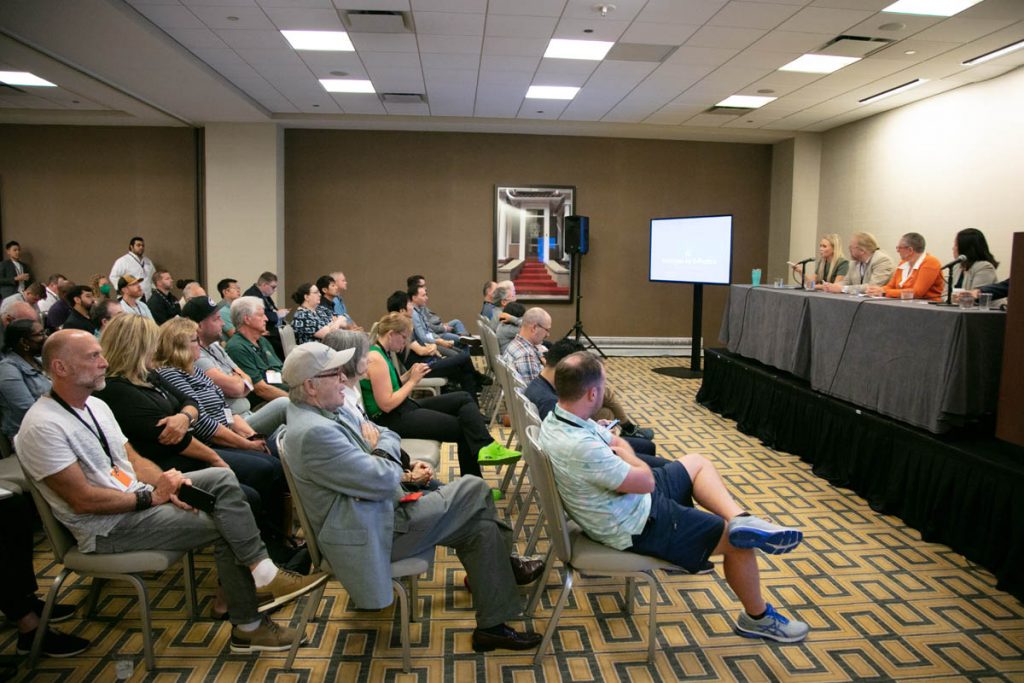
An e-plastics focused session at the 2022 E-Scrap Conference brought attendees perspectives from domestic processors. | Big Wave Productions/Resource Recycling, Inc.
Two businesses with unique approaches to meeting the goal of domestically processing e-plastics shared their plans at the 2022 E-Scrap Conference.

A panel moderated by Adam Shine (far left) featured market insights from Joe Pickard (second from left), Walter Alcorn (second from right) and Craig Boswell (far right). | Big Wave Productions/Resource Recycling, Inc.
Battery-embedded products, market uncertainty and evolving ITAD services are shaping the future of electronics recycling, industry experts noted last week.
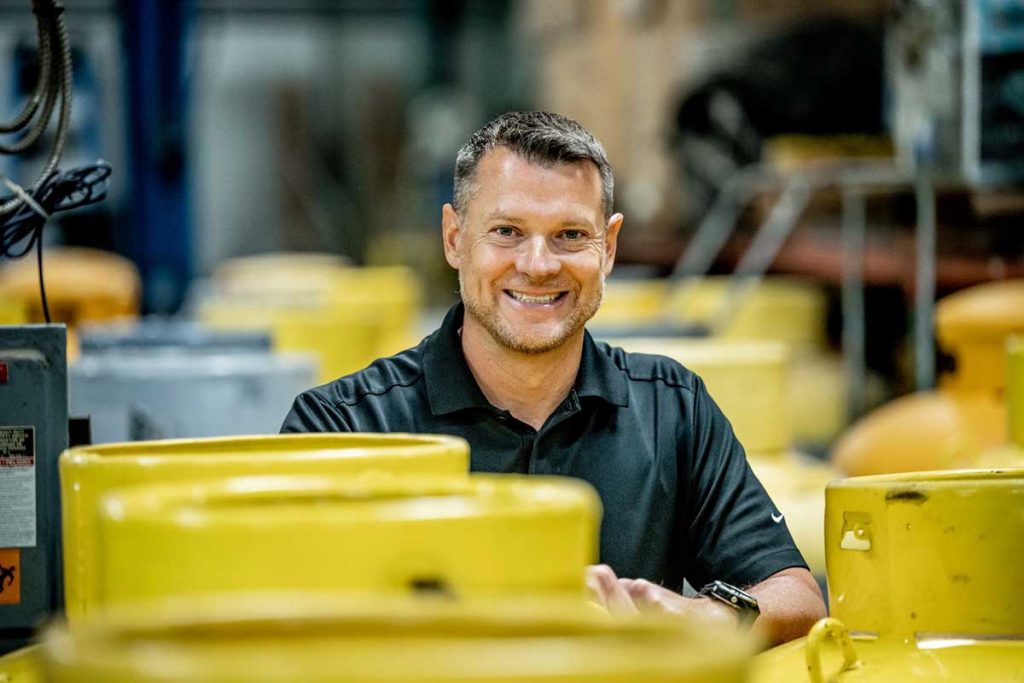
Total Reclaim’s CEO Bobby Farris was hired three years ago to “rehabilitate the organization” after an export scandal. | Courtesy of Total Reclaim
Bobby Farris now has full control of Washington-based Total Reclaim, and he is targeting additional markets for the processor.

Recently acquired Full Circle Electronics has locations in five U.S. states. | Freedomz/Shutterstock
Tide Rock Holdings has purchased yet another e-scrap company, expanding its reach outside of California.

Under California’s SB 1215, consumers will be required to pay an electronic waste recycling fee upon the purchase of certain new or refurbished products starting Jan. 1, 2026. | Sheila Fitzgerald/Shutterstock
California’s e-scrap recycling program will expand after Gov. Gavin Newsom signed two battery-related bills into law.
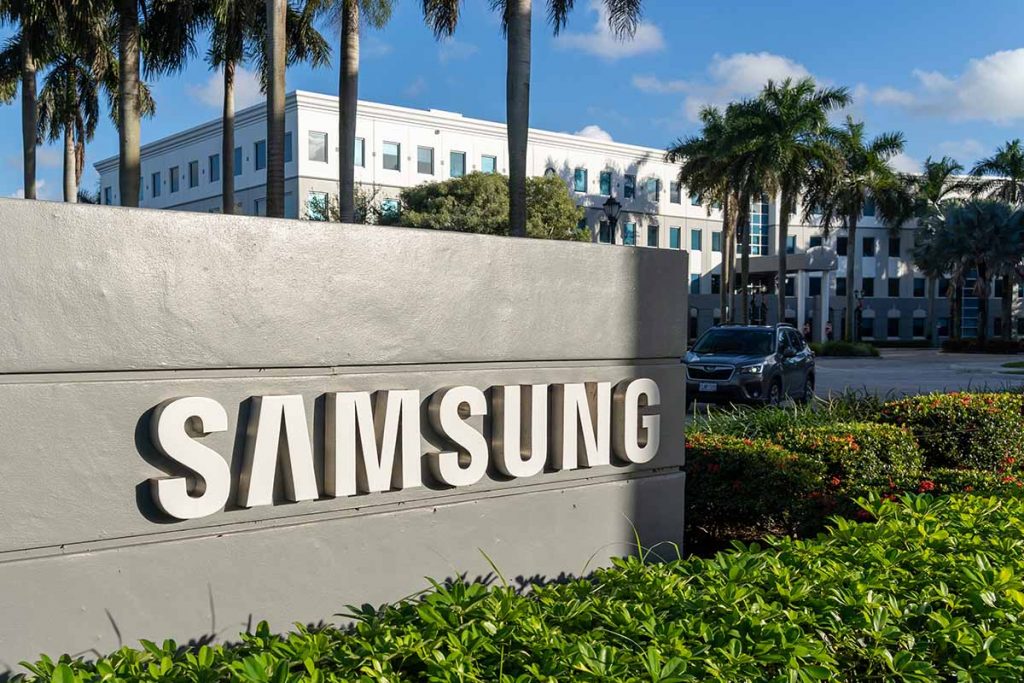
Samsung operates an e-scrap collection system in 50 countries. | JHVEPhoto/Shutterstock
Samsung’s environmental strategy includes a focus on circularity, using recycled materials and collecting more e-scrap.
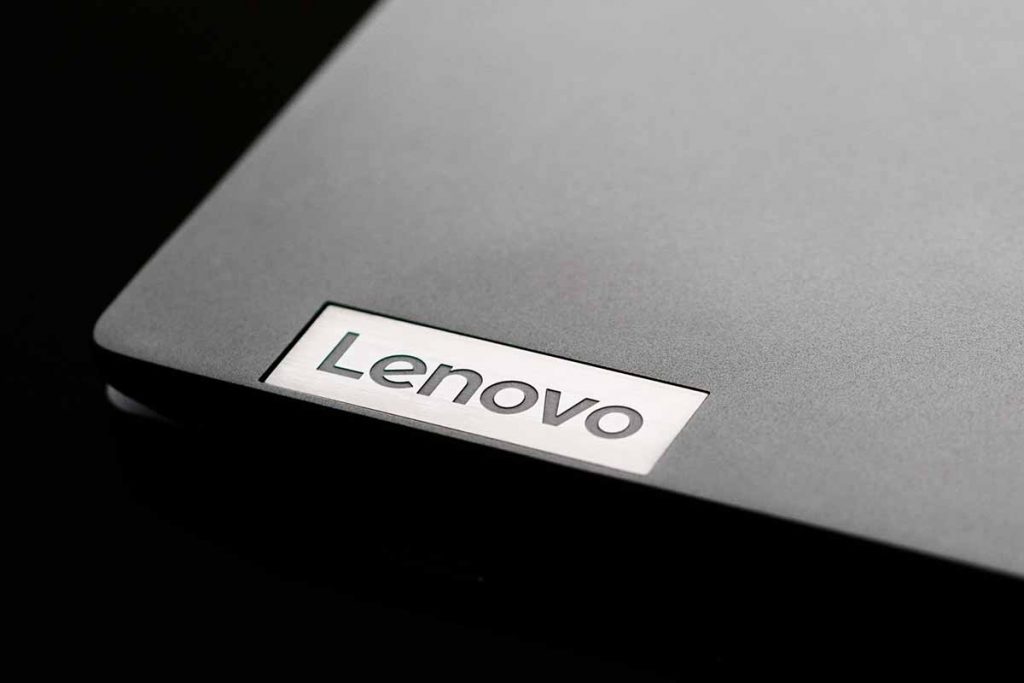
Lenovo uses both post-industrial and post-consumer plastics in laptops, desktops, workstations, monitors and accessories. | Hernan E. Schmidt/Shutterstock
Lenovo is using more recycled materials in its products and working toward a circular economy, even as a recent study from the company found that only half of senior IT business leaders are aware of the economic value of e-scrap.
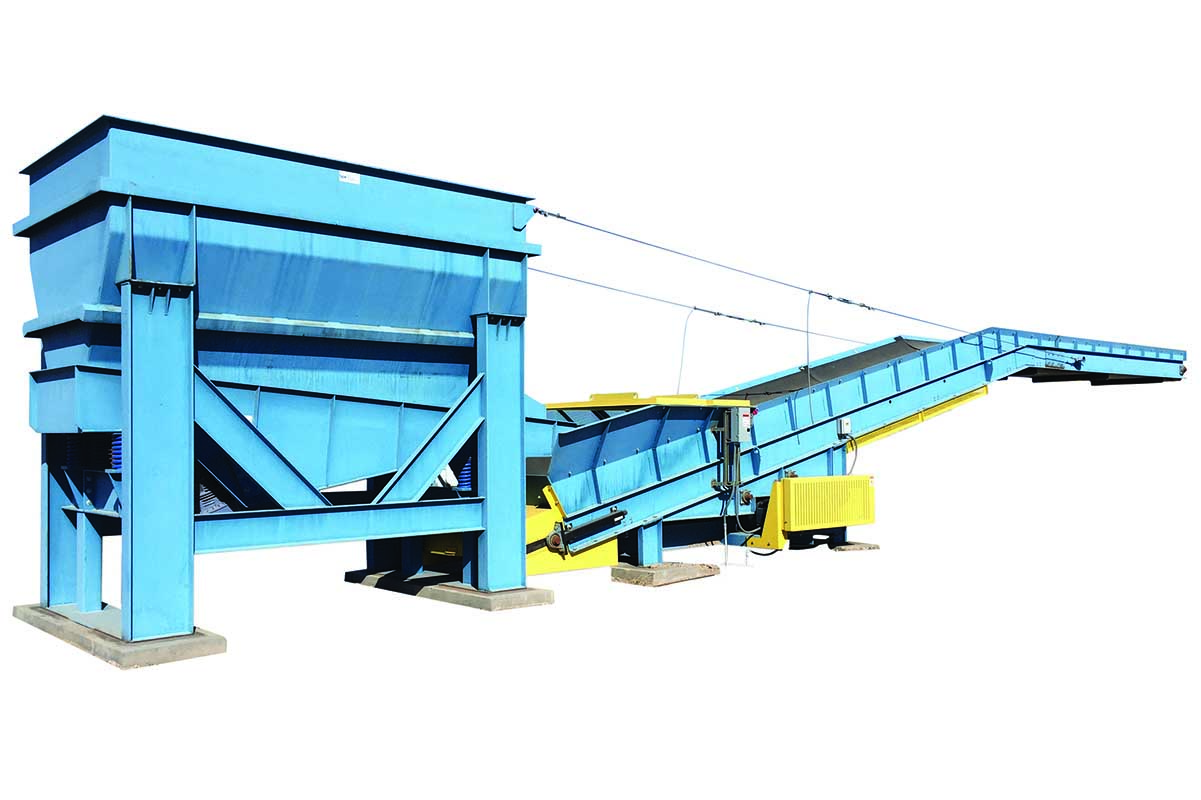
The BPS Container Loading System has a surge hopper with a holding capacity of about 15 cubic yards and includes a manually adjustable product flow control gate. | Courtesy of BPS
Ferrous and non-ferrous metals can be quickly placed in 20-ft. and 40-ft. shipping containers using the Best Process Solutions Container Loading System.
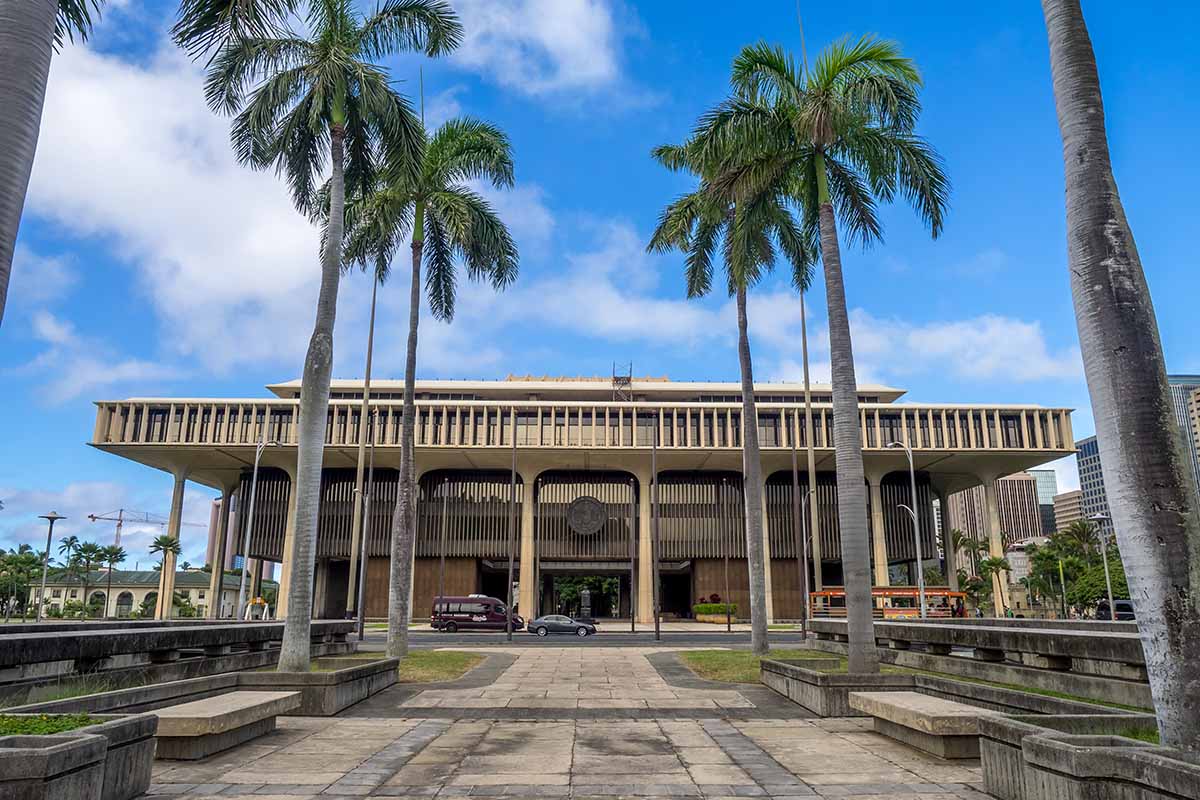
Hawaiian legislators passed an update to the state’s electronics EPR program, making manufacturer recycling targets weight-based instead of calculated by market share. | Jeff Whyte/Shutterstock
Hawaii had to suspend free e-scrap collection in the state earlier this year after the program ran out of funds early, but the state legislature has passed a law to address the problem.

